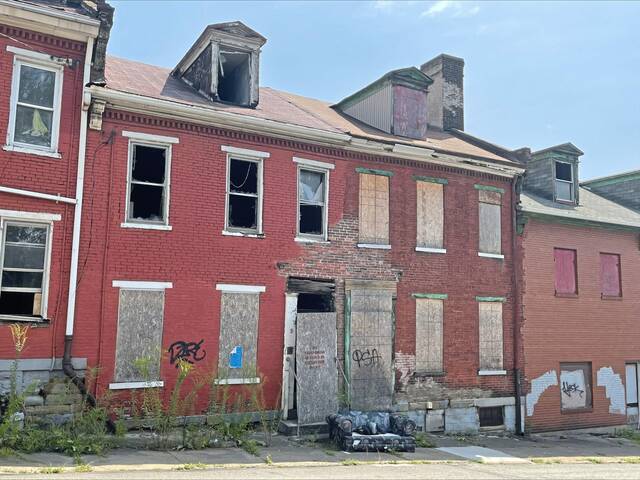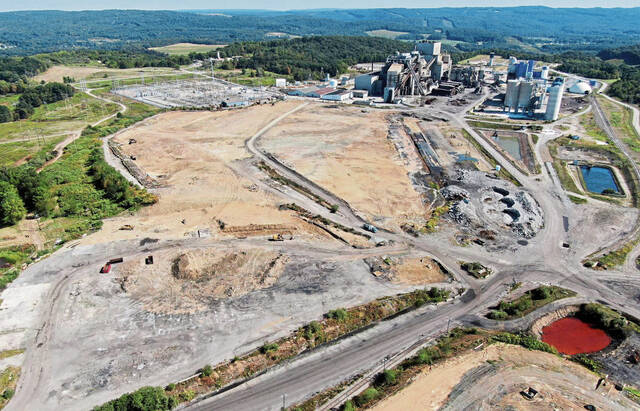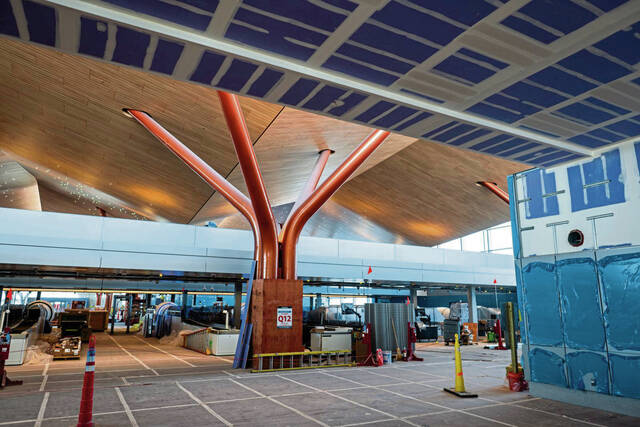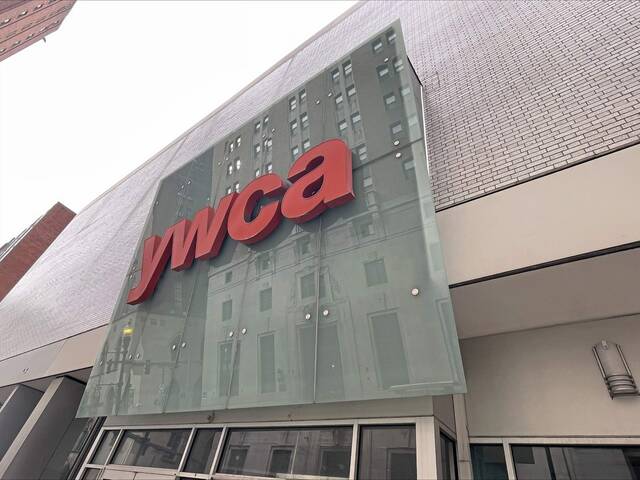It was in April that Allegheny County, under the auspices of Pennsylvania Act 152 of 2016, increased by $15 the fee to record deeds and mortgages. The money is to be used to pay for the demolition of “blighted properties.”
Allegheny County’s document-recording fee is now $181.75. Since 2013, when the fee was $150, statewide surcharge increases ($16.75) and the demolition fee ($15) have raised the cost of deed and mortgage recordings by 21%.
But “there are questions to be asked based on the ordinance and the initial report” concerning demolitions and the administration of the fund, says Eric Montarti, research director at the Allegheny Institute for Public Policy.
Allegheny County’s ordinance estimated that $2 million would be raised annually from the $15 fee. That’s based on the number of deeds and mortgages recorded in recent years. And based on an average demolition cost of $10,000 to $12,000, between 167 and 200 blighted properties could be demolished each year.
The act requires fee revenue to be held in a restricted fund; Allegheny County created its fund on May 6.
The same act requires counties to file reports with the state Department of Community and Economic Development (DCED). Allegheny County’s initial report, filed on May 7, estimated 100 to 150 demolitions annually and said the county’s Department of Economic Development would be in charge of administration. The county’s first annual report is due by next June 1.
Now to those questions.
“While the county’s ordinance finds that ‘health, safety and well-being of the County’s residents” will be enhanced with the fee, will those improvements be quantified?” asks Montarti. “Could they even be quantified, at least in terms of net benefit, since there are demolitions that occur now?”
The ordinance also states that the fee will encourage economic development and strengthen municipal and school district tax bases.
“From 2019 to 2020, total taxable assessed value fell in 24 municipalities spread across 16 school districts,” Montarti notes. “If the measurements use a jurisdiction’s assessed property value, could a change in overall value be attributed solely to demolitions?
“And with the prevalence of state and local economic development incentives, how would the impact of demolitions funded with the fee on the tax base be separated out?” he adds.
Allegheny County’s initial report says the county will prioritize demolitions based on “public safety need, redevelopment potential and community impact.” It also notes that clustered demolitions are to be prioritized over scattered sites.
“Would the county sign off on concentrating demolition efforts in a single municipality for consecutive years to make significant progress in an area if at the same time they hear from constituents that want to see some of the money spent on one or two blighted properties that may affect a neighborhood?” Montarti asks.
There’s also the matter of how long the law will be in effect. Act 152, which enabled collection of demolition fund dollars, sunsets in January 2027.
“Having a sunset date gives counties up to a decade to utilize the demolition fee and then an endpoint in order to evaluate how effective it was used,” Montarti notes. “The General Assembly could determine whether its legislative goals were met. If those were, then legislation could be introduced to reenact the fee.”
But the Pennsylvania Senate voted in June to erase the sunset date language.
“It is seven years early; what is the rush?” asks Montarti. He says should the Senate measure become law, Allegheny County should utilize the sunset provision in its home rule charter to determine if its worthwhile to keep the demolition fee in place.
But, “If the county decides to sunset the fee, any money in the account ought to be used to lower the document-recording fee for a time period for those who would have to pay the fee,” Montarti recommends.








